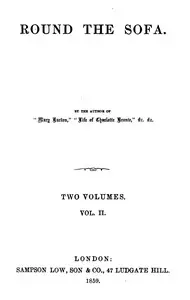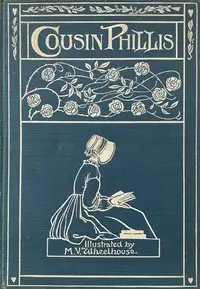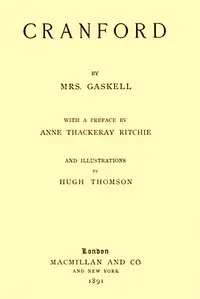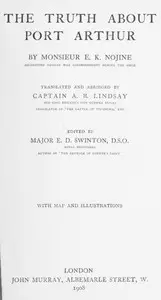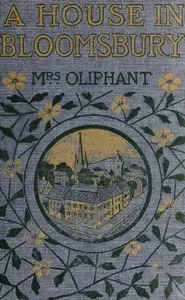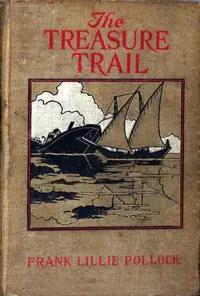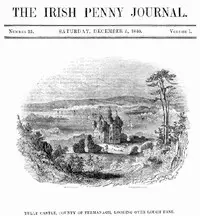"A Dark Night's Work" by Elizabeth Cleghorn Gaskell is a novel written in the late 19th century. It revolves around Mr. Wilkins, a successful attorney in the small town of Hamley, and his relationships with his son Edward and daughter Ellinor, exploring the complexities of family dynamics, ambition, and societal expectations. At the start of the narrative, we are introduced to Mr. Wilkins, who has established a prominent legal practice that serves the local gentry. He has great aspirations for his son Edward but faces challenges when his plans for a prestigious education are thwarted. As Edward returns from his travels to become his father's partner, the story hints at underlying tensions in their relationship and Edward's struggle for acceptance in front of the local aristocracy. Meanwhile, the narrative delves into family life as Mr. Wilkins cherishes his daughter Ellinor, highlighting her steadfast character and their deep bond, which comes into focus following the loss of her mother. The opening sections set the stage for themes of ambition, social class, and the emotional weights of familial responsibility that seem to loom over their lives. (This is an automatically generated summary.)

A Dark Night's Work
By Elizabeth Cleghorn Gaskell
"A Dark Night's Work" by Elizabeth Cleghorn Gaskell is a novel written in the late 19th century. It revolves around Mr. Wilkins, a successful attorney...
Elizabeth Cleghorn Gaskell, often referred to as Mrs Gaskell, was an English novelist, biographer, and short story writer. Her novels offer a detailed portrait of the lives of many strata of Victorian society, including the very poor. Her first novel, Mary Barton, was published in 1848. Gaskell's The Life of Charlotte Brontë, published in 1857, was the first biography of Charlotte Brontë. In this biography, she wrote only of the moral, sophisticated things in Brontë's life; the rest she omitted, deciding certain, more salacious aspects were better kept hidden. Among Gaskell's best known novels are Cranford (1851–1853), North and South (1854–1855), and Wives and Daughters (1864–1866), all of which were adapted for television by the BBC.

